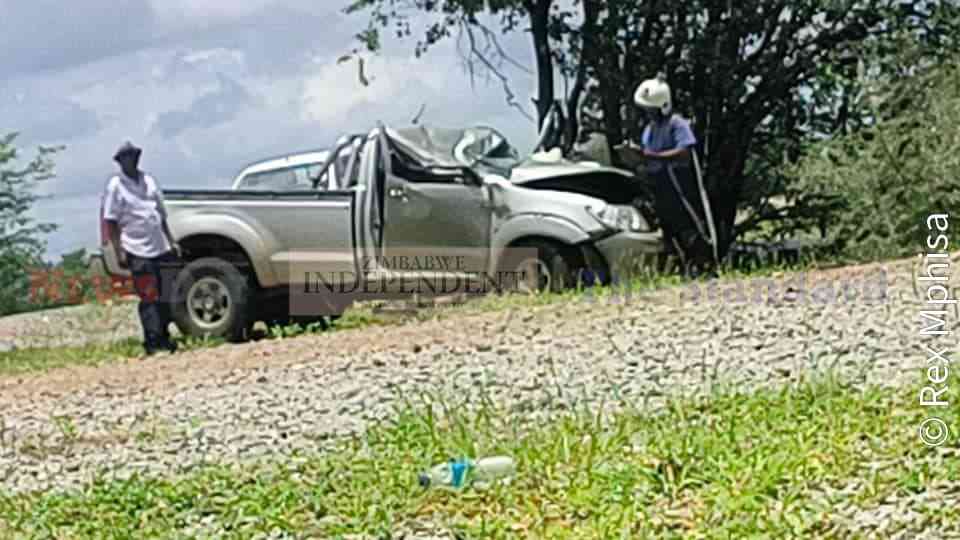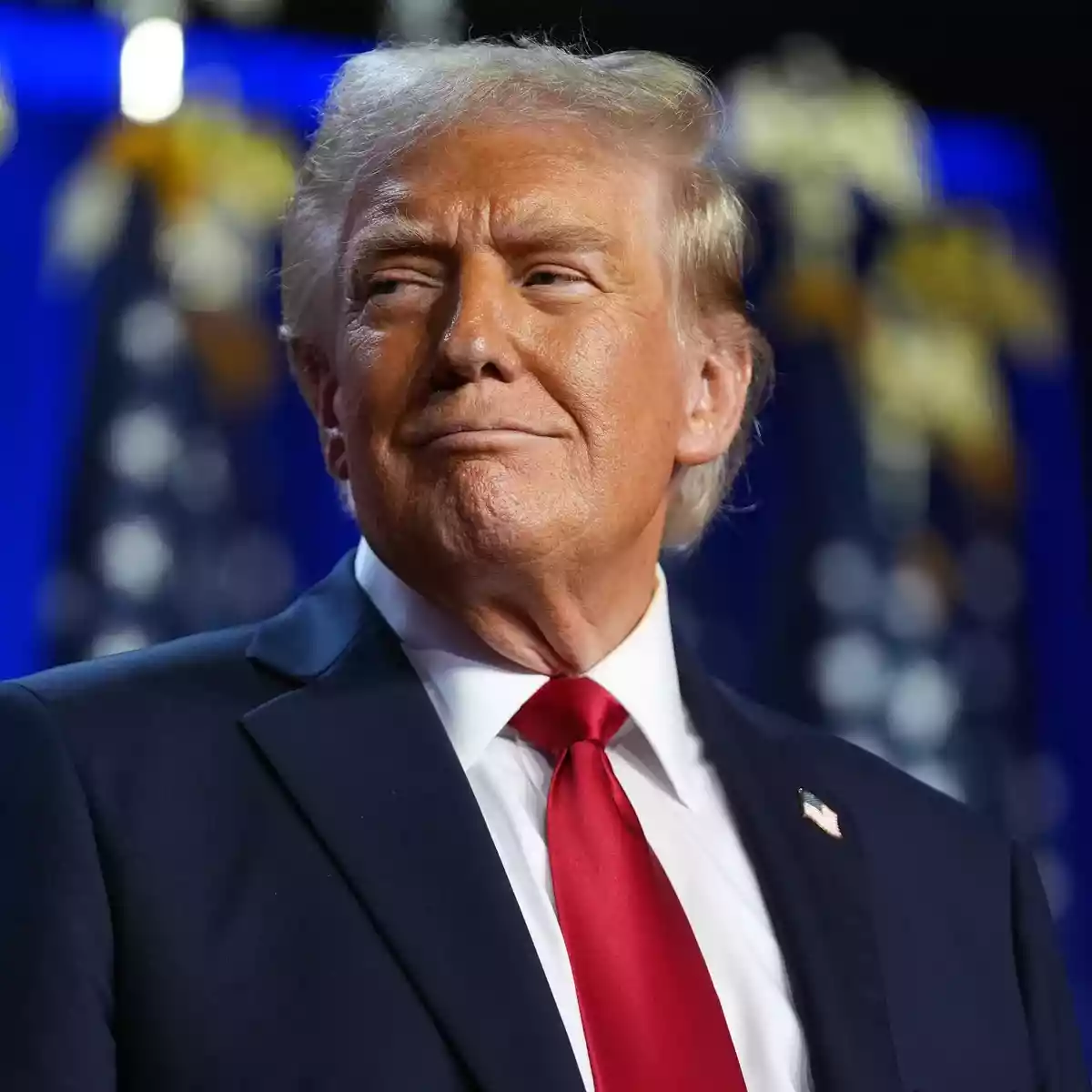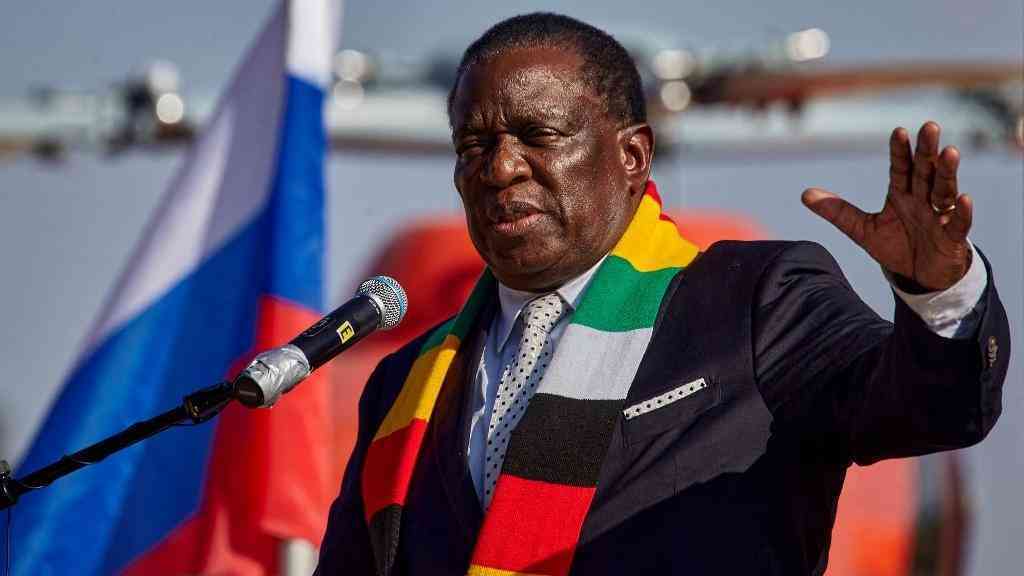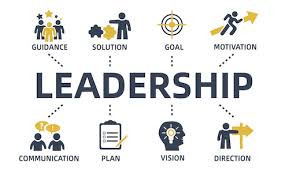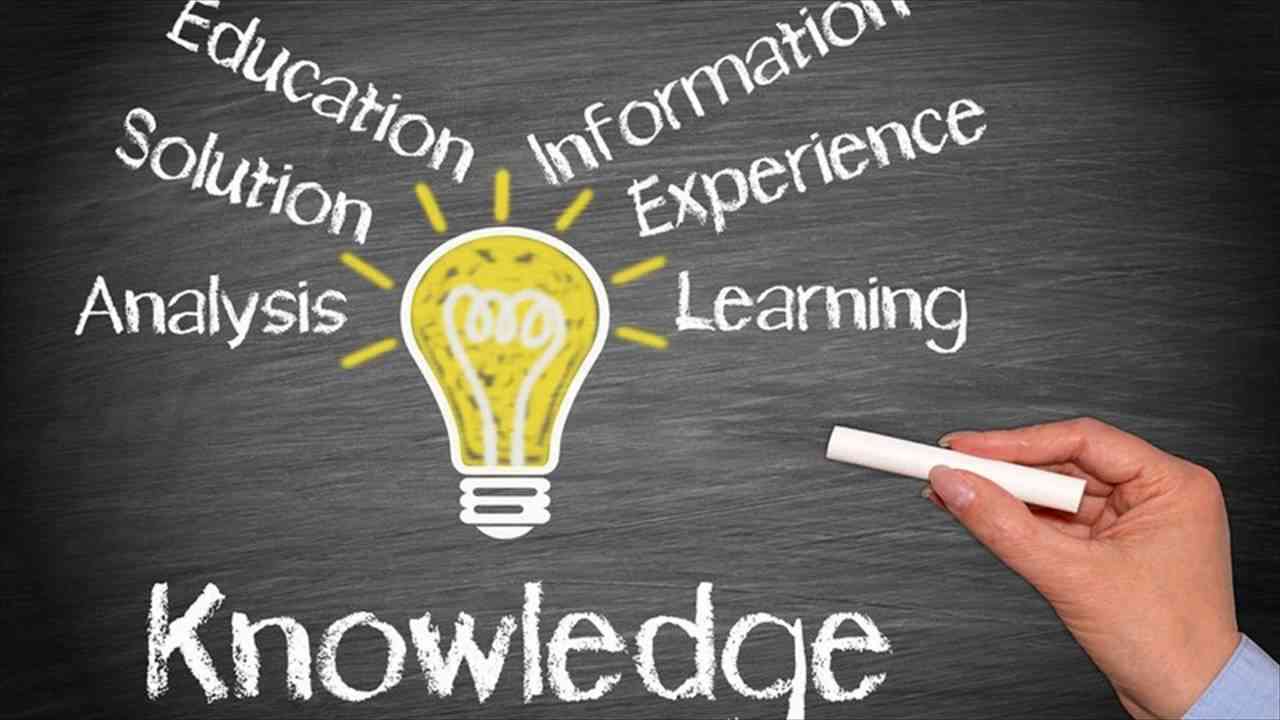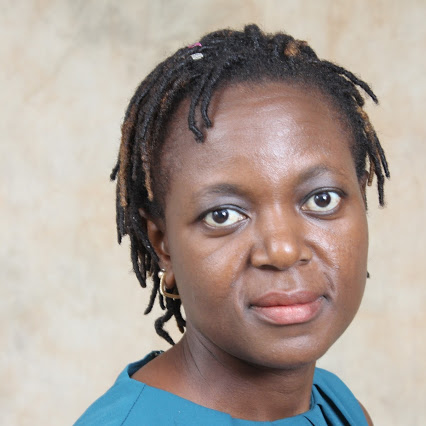
THIS week we shall attempt to simplify the subject of political rights and what it means for ordinary people in light of the current happenings in our country. Questions have been raised pertaining to the recent political developments that some people have scoffed off as non-events. Some have even called them mere fads although the fads are simply refusing to fade away quietly. The Merriam Webster Dictionary defines political rights as the rights that involve participation in the establishment or administration of a government. Political rights and civil rights have to do with governance although they are not exactly the same thing, but are inextricably linked. YOUR RIGHTS MIRIAM TOSE MAJOME
Civil rights
Civil rights are about the participation of citizens in societal and community activities. They are about ensuring people’s physical and mental integrity as they live day-to-day in their societies and communities. Conversations and issues pertaining to civil rights centre on racism, gender, sexual orientation, disability, age, religion, ethnicity, among other issues. Civil rights impact politics directly because governments are formed to administer civil rights issues amongst other issues. Political rights
Political rights are about ensuring people’s ability to participate in the political life of the State. They entitle people with rights to elect public officials or themselves to hold public office. They allow people to take part in political activities or to refrain from taking part if they choose not to. What the Constitution says
The Constitution allows all citizens to participate freely in politics. The emphasis is on the word “freely”. Freely means without restraint or compulsion from anyone or any political party or person. No one should be forced to participate in political activities against their conscience or their will as much as they should not be prohibited from participating in politics if they want to. Political participation means discussing politics, running for office and electing candidates of one’s own choice into political posts such as into Parliament or into the presidency. It means doing so freely according to one’s preferences. Section 67(1) states: Every Zimbabwean citizen has the right to
(a) to free, fair and regular elections for any elective public office established in terms of this Constitution or any other law (b) to make political choices freely Of further interest and importance is Section 62(2) which states: Further to this Constitution every Zimbabwean has the right to (a) form, to join and to participate in the activities of a political party or organisation of their choice (b) to campaign freely and peacefully for a political party or cause (c) to participate in peaceful political activity and (d) to participate, individually or collectively in gatherings or groups or in any other manner in peaceful activities to influence, challenge or support the policies of the government or any political or whatever cause. Challenging government
We focus on Section 67 (d). Government is not the keeper of the Holy Grail such that it is beyond reproach. It is a mere system, albeit a powerful one in which dispensable and fallible men and women work in it ideally for the benefit of the citizens hence the apt term civil servants. The Constitution allows citizens to either support or challenge the policies of government. Challenges or criticism of any of government’s policies are allowed by anyone acting alone or in a group. Challenge of any of the government’s policies is lawful and constitutional as long as it is peaceful. Even calling on the entire government to step down is not a crime as that is simply to exercise freedom of conscience and expression — Sections 60(b) and 61(1) (a), respectively. The only condition is that challenging government or government policy has to be done peacefully and can be done in any manner including tweeting and posting videos. If it is violent or contains a threat to cause violence or to influence other people to be violent then the challenge will be deemed unconstitutional. Is challenging similar to toppling?
By now this issue will have been analysed thoroughly in every local publication so we shan’t bore you with repetition. We just simplify it against the background of Section 22 of the Criminal Law (Codification and Reform Act) Chapter 9:23. The law appears to give freedoms with one hand, but snatches them away with the other.
- Chamisa under fire over US$120K donation
- Mavhunga puts DeMbare into Chibuku quarterfinals
- Pension funds bet on Cabora Bassa oilfields
- Councils defy govt fire tender directive
Keep Reading
According to the Criminal Code it is a crime to subvert a constitutionally elected government. To subvert means to overthrow, undermine, destabilise or topple a government. This is what Simon Mann the mercenary soldier foiled at Harare International Airport en route to Equatorial Guinea to violently topple the government of Teodoro Obiang Nguema tried to do. His subversive exploits and self-admission can be read in his autobiography Cry Havoc to understand what subversion really means. Subversion usually involves caches of weaponry such as sniper rifles, rockets, torpedoes and other menacing artillery. In modern times mobile phones would be used as accessories to subversion, but only as communication tools and not as the only available evidence of intention and capacity to topple a whole government. Even a truck load of batons — button sticks — whatever they are and police helmets would be no match for a single AK47 assault rifle.
It is not allowed to use physical force or violence or threats to cause the overthrow of a government or to incite anyone else to use violence. It is not allowed to organise, set up, advocate urge or suggest the organisation or setting up of any group or body for the purpose of overthrowing or attempting to overthrow the government by unconstitutional means. It is also not allowed to boycott, cause civil disobedience or resistance to any law actively or passively through unconstitutional means. We have already established what the Constitution says in this regard. The Constitution allows for the government to be challenged and criticised as long as it is peaceful.
If the State accuses or charges someone with seeking to subvert the government it will have to prove beyond a reasonable doubt that the challenge or criticism of government was unconstitutional. In other words it will have to prove that violence was used or was threatened. Further and importantly is that the State would have to prove that the challenge was indeed intended to subvert the government. Freedom to demonstrate
Section 59 guarantees citizens the right to protest and demonstrate against the government and to present petitions against it, but all in a peaceful manner. People have a say and stake in how they are governed or misgoverned. If violence is used or is threatened then it is unconstitutional and accused persons can be convicted of subversion in terms of Section 22(2) of the Criminal Code.
Freedom of expression and freedom of the media
Section 61(1) (a) allows every person the freedom of expression to seek, receive and communicate ideas and other information. This includes social media, but the tweeting and posting has to be done within responsible and legally permissible confines. Sharing or generating abusive and threatening content such as sharing petrol bomb recipes is prohibited. The right to communicate on media platforms is balanced and controlled by Section 67(5) which prohibits sharing or generating information that incites violence or hate speech or causes malicious injury to a person’s reputation or impairs anyone’s dignity or unwarranted breach of rights of privacy. Miriam Tose Majome is a lawyer and a teacher. She can be contacted on [email protected]

